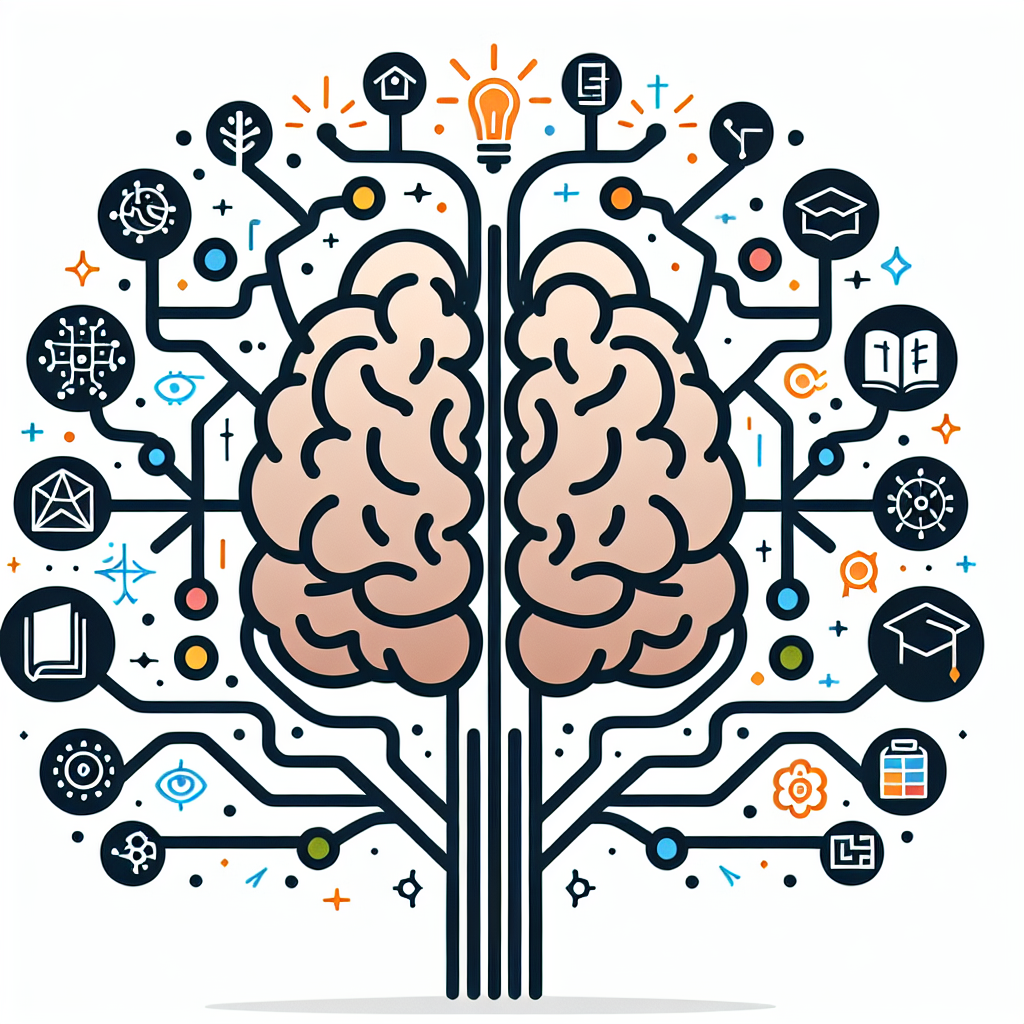How Early Childhood Preferences Could Forecast Future Intelligence
A new study suggests that cognitive preferences in infants, such as a liking for novel objects and task focus, could predict intelligence at age 30. The research, involving over 1,000 twins, highlights the interplay of genetics and environment in shaping intelligence, revealing important insights for developmental psychology.

- Country:
- India
Infants' cognitive traits as early as seven months can potentially predict their intelligence level at age 30, according to recent research findings from the University of Colorado Boulder. The study, published in the Proceedings of the National Academy of Sciences, examined over 1,000 twins to identify predictors of future cognitive ability.
Key indicators observed were an infant's preference for new objects and their focus on tasks, which could anticipate about 13% of intelligence variance by adulthood. These early traits echo significant themes in the ongoing debate concerning nature versus nurture, shedding light on the genetic and environmental roles in cognitive development.
The study's findings indicated that genetic factors accounted for around half of the differences in cognitive test scores by age 30, while environmental influences before age two also significantly affected development. This research underscores the importance of early childhood environments and their long-term impact on intelligence.
(With inputs from agencies.)










